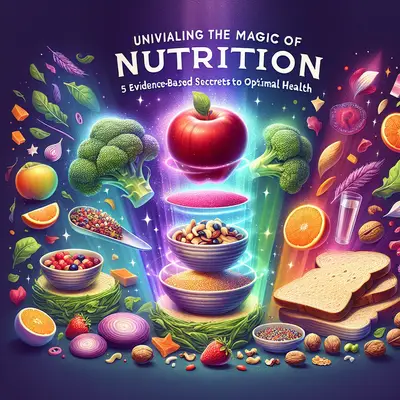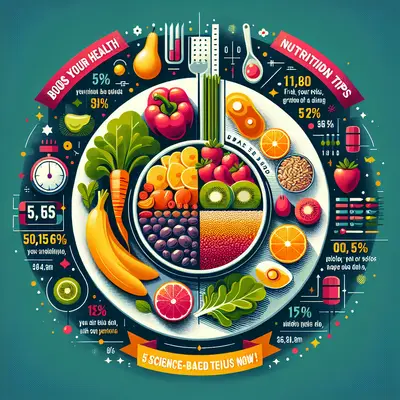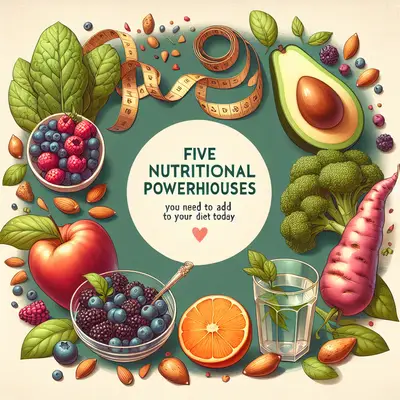Spirulina
Spirulina, a type of blue-green algae, has been gaining the attention of nutritionists and wellness enthusiasts. This powerful plant is a rich source of essential nutrients, including protein, vitamins B1, B2, and B3, copper, and iron. Multiple research studies have shown that spirulina can enhance immune function, reduce inflammation, and improve gut health[^1^].
Ashwagandha
Ashwagandha, a medicinal herb used in Ayurvedic medicine, has been shown to help reduce stress and anxiety. Numerous studies have indicated that it can significantly decrease levels of the stress hormone cortisol, improving mental well-being and sleep quality[^2^].
Cordyceps
Cordyceps, a type of fungus, has been used in traditional Chinese medicine for centuries. Recent studies have suggested that Cordyceps can improve exercise performance by increasing the body's production of adenosine triphosphate (ATP), which is essential for delivering energy to the muscles[^3^].
Rhodiola Rosea
Rhodiola Rosea is a herb that grows in the cold, mountainous regions of Europe and Asia. It's known as an adaptogen, meaning it helps the body adapt to stress. Research has shown that Rhodiola Rosea can improve mental performance during stressful periods and reduce symptoms of depression[^4^].
Berberine
Berberine, a compound found in several plants, has been shown to have powerful effects on various aspects of health. It's been found to lower blood sugar levels, reduce cholesterol levels, and has been shown to have anti-inflammatory and antioxidant effects[^5^].
Conclusion
While these supplements may not yet be mainstream, the science supporting their health benefits is compelling. As always, it's important to consult with a healthcare provider before adding any new supplements to your routine. Embrace these hidden gems of nutrition and elevate your wellness journey in 2025.
[^1^]: (https://pubmed.ncbi.nlm.nih.gov/26813468/)
[^2^]: (https://www.ncbi.nlm.nih.gov/pmc/articles/PMC3573577/)
[^3^]: (https://pubmed.ncbi.nlm.nih.gov/14669250/)
[^4^]: (https://pubmed.ncbi.nlm.nih.gov/11081987/)
[^5^]: (https://www.ncbi.nlm.nih.gov/pmc/articles/PMC6111450/)



